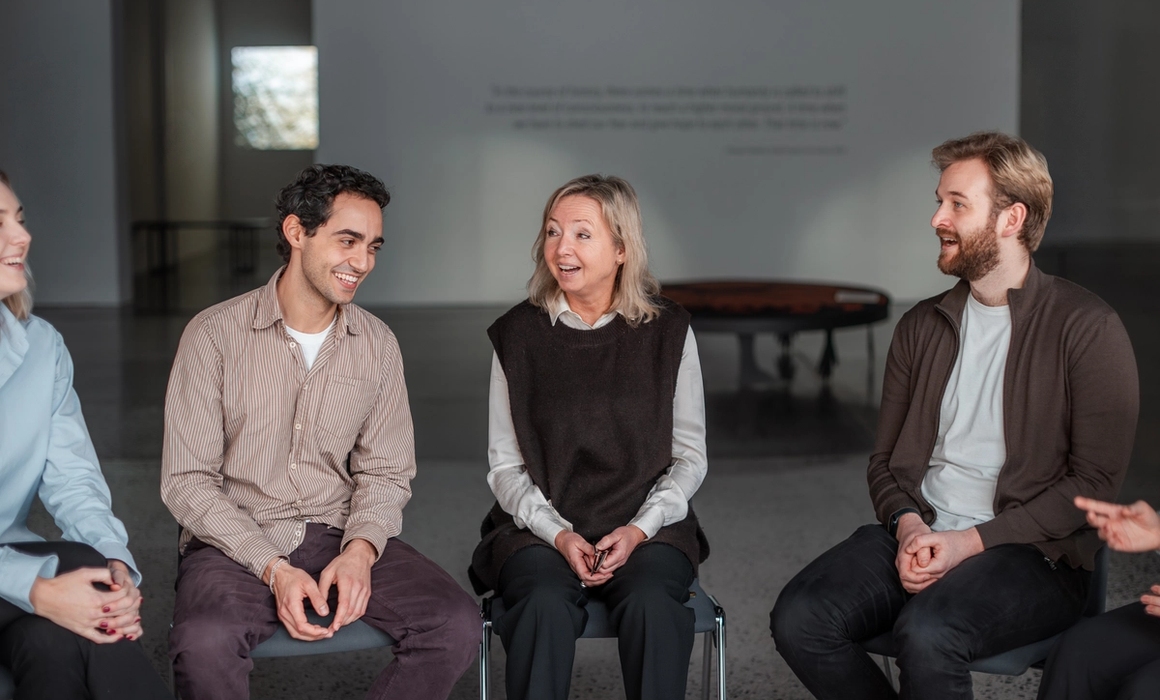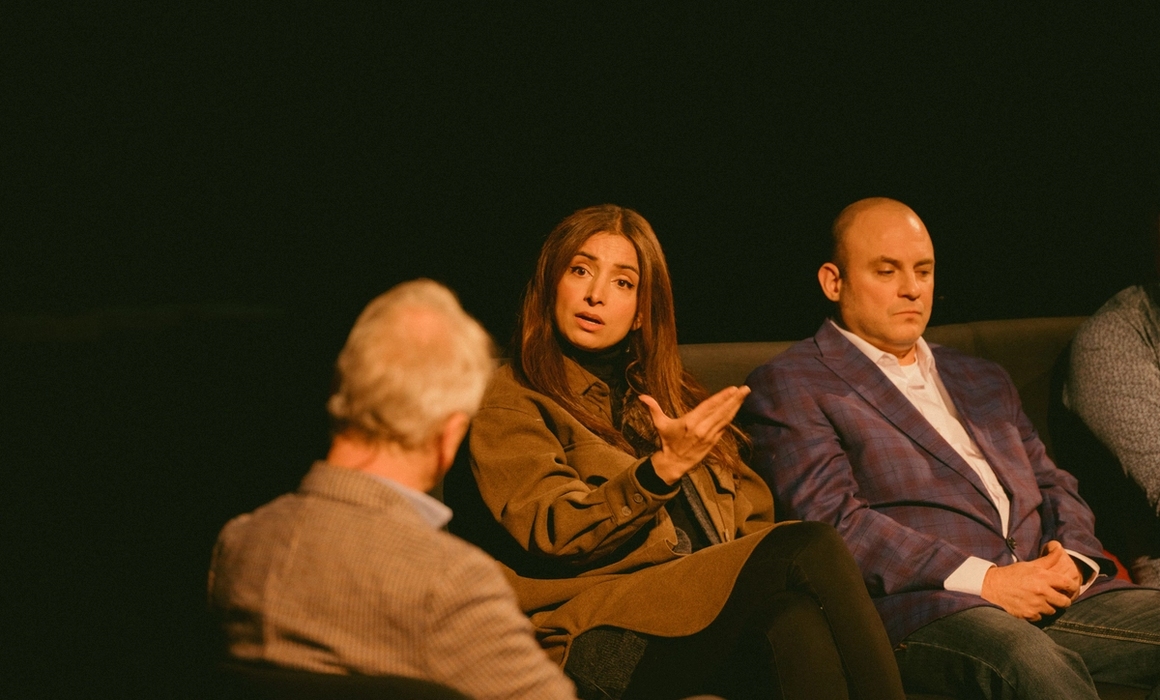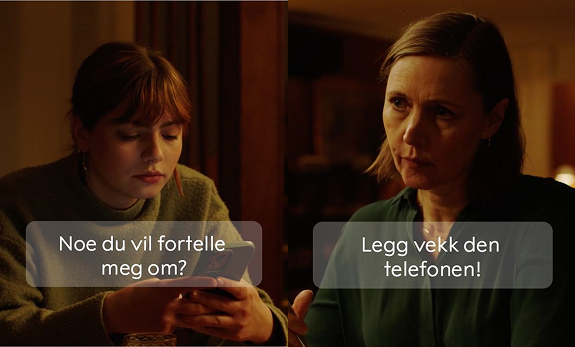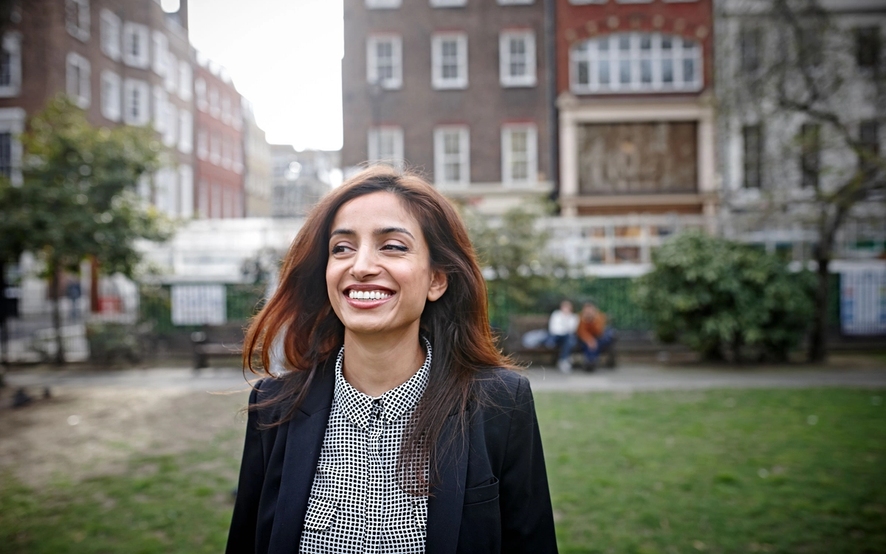The power of dialogue
Dialogue is useful in all human relationships. Inspired by the methods of Nobel Peace Prize laureates, we have developed principles and tools that can support you.

What is dialogue?
Dialogue is a way of communicating where the goal is to understand each other, work together, and grow.
Why dialogue?
Dialogue is useful in all human relationships, especially when you disagree with someone or want to create change. Good dialogue skills have also been proven to improve quality of life.
Explore the eight principles for good dialogue:
Dialogue belongs in all areas of life

Explore conversations about dialogue
We’ve recorded conversations about dialogue and made them available on Spotify and YouTube, so you can listen anytime. Be inspired by real stories!

Try our interactive dialogue film!
This conversation between a mother and daughter can take many directions. The outcome is up to you, you get to decide what the mother say
